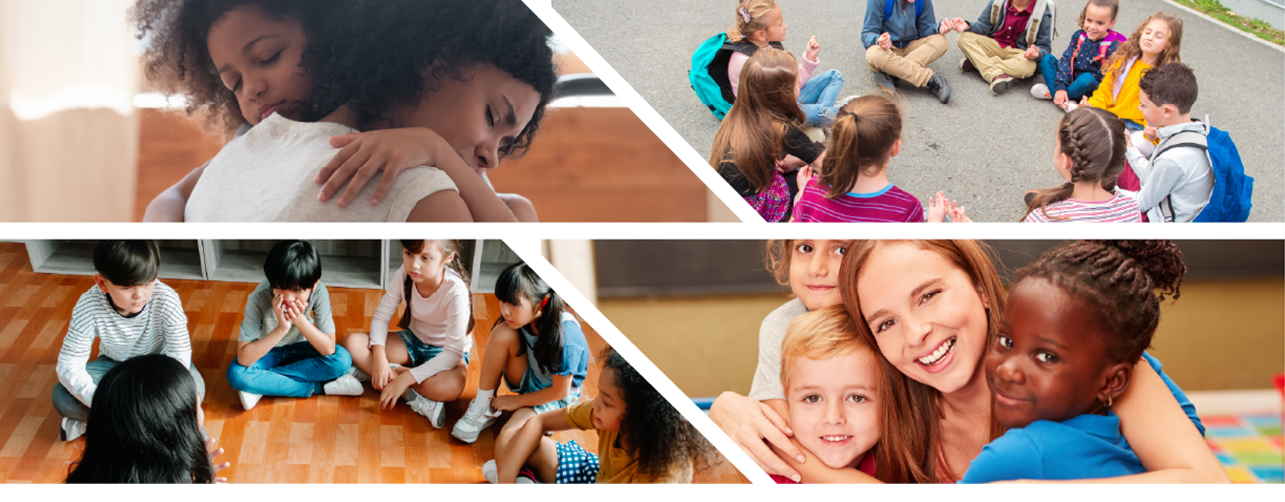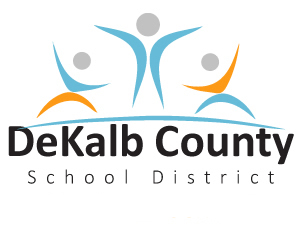
Frequently Asked Questions
Social-emotional learning is the process of developing self-awareness, self-control, and interpersonal skills that are vital for school, work, and life success.
Social and emotional competencies are critically important for the long-term success of students in preparing them for college, career, and community life.
A socially and emotionally skilled student is self-confident, resilient, sensitive, and empathetic. These students have impulse control, the ability to resist social pressure, avoid violent and risky behaviors, and have built the capacity to contribute to the well-being of their families, schools, and communities.
- SEL interventions that address the five core competencies increased students’ academic performance by 11 percentile points, compared to students who did not participate.
- Students participating in SEL programs showed improved classroom behavior, an increased ability to manage stress and depression, and better attitudes about themselves, others, and school.
- Additional meta-analyses echoed these findings. Consistency across independent research teams offers strong support that well-implemented SEL programs are beneficial.
The five areas of social and emotional competency that are important for children to learn are:
- Self-awareness: The ability to understand one’s own emotions, thoughts, and values and how they influence behavior across contexts.
- Self-management: The ability to manage one’s emotions, thoughts, and behaviors effectively in different situations and to achieve goals and aspirations.
- Social awareness: The ability to understand the perspectives of and empathize with others, including those from diverse backgrounds, cultures, and contexts.
- Relationship skills: The abilities to establish and maintain healthy and supportive relationships and to effectively navigate settings with diverse individuals and groups.
- Responsible decision-making: The abilities to make caring and constructive choices about personal behavior and social interactions across diverse situations.
DCSD is excited to begin addressing SEL during the school day with the combination of restorative circles and SEL integration within academic areas and school-wide activities. Teachers will use multiple resources and programs to establish positive classroom culture, teach collaboration skills, prevent and address bullying, and help students develop personal skills such as self-reflection and goal setting.
Children need social-emotional skills to thrive both in the classroom and in life. Social-emotional learning (SEL) curricula teach children techniques to:
- Gain confidence
- Set goals
- Make better decisions
- Collaborate with others in work and play
- Navigate the world more effectively
First and foremost, we can support our children by modeling positive social and emotional behaviors. Research shows that we co-regulate our children’s behavior through our words, dispositions, and actions.
- Fosters positive classroom norms which all kids in the classroom can promote that discourage bullying
- Teaches relationship skills, including peer support, to protect against bullying
- Strengthens social problem-solving skills, which can help prevent both bullying perpetration and victimization
- Supports emotion-regulation skills to reduce bullying behavior and victimization.
- Cultivates empathy to reduce bullying behavior and increase bystander intervention.
To find out more about DCSD’s Bullying Awareness Campaign, visit the Bullying/Harassment/Hazing web page.
